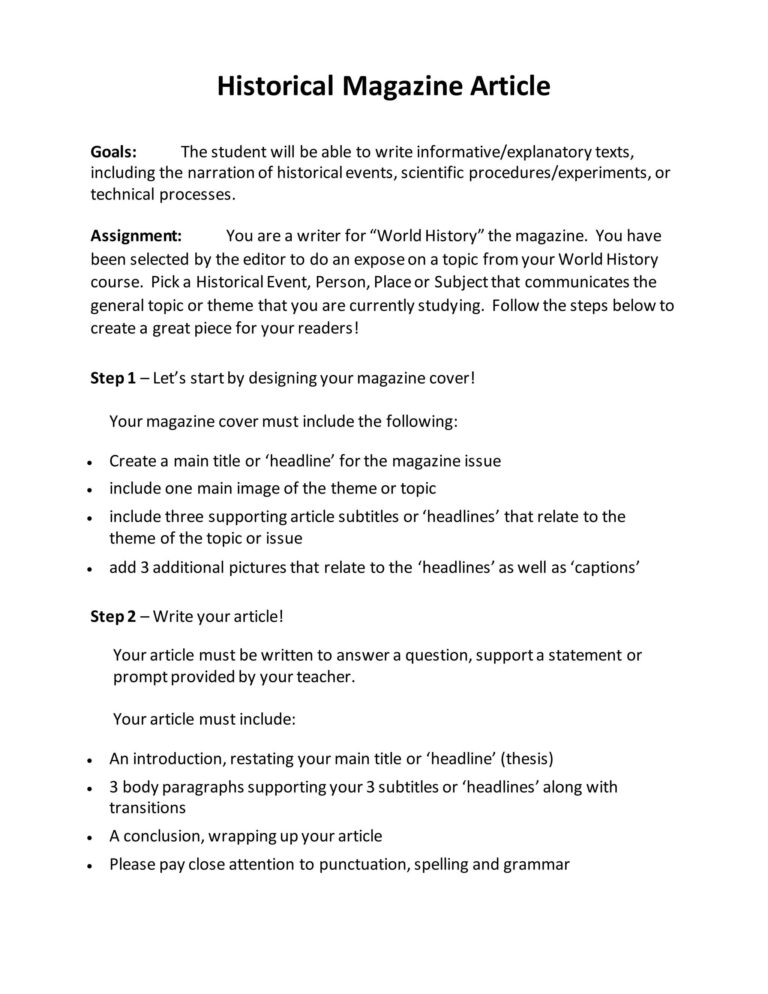WMO Advances AI-Driven Weather Forecasting to Enhance Climate Resilience Across Africa
In a groundbreaking initiative aimed at revolutionizing meteorological services throughout Africa, the World Meteorological Organization (WMO) has introduced an innovative pilot program that leverages artificial intelligence (AI) to improve weather prediction accuracy. Facing increasing climate unpredictability and severe weather incidents, this project seeks to accelerate forecast delivery and precision, thereby strengthening disaster readiness and protecting vulnerable populations. By integrating AI technologies with conventional forecasting methods, the WMO is pioneering a new standard for analyzing and communicating weather information in regions where traditional approaches have often been insufficient.
Transforming Weather Forecasting in Africa through AI Technologies
This WMO-led initiative focuses on empowering African national meteorological services with advanced AI-powered tools tailored to decode the continent’s complex climatic patterns. The collaboration enhances not only forecast reliability but also bolsters early warning mechanisms essential for reducing impacts from natural hazards such as floods, droughts, and landslides-disasters that have recently devastated communities in countries like Malawi and Ethiopia.
Key components of this program include:
- Localized Data Analytics: Utilizing machine learning models customized for regional climate variability enables detection of subtle environmental shifts.
- Capacity Building for Meteorologists: Intensive training programs equip local experts with skills to effectively apply AI solutions ensuring long-term operational sustainability.
- User-Friendly Communication Platforms: Creating accessible interfaces that convert complex forecasts into practical guidance for farmers, emergency teams, and residents.
- Regional Collaboration on Data Sharing: Promoting cross-border partnerships facilitates resource sharing and coordinated responses against transnational weather threats.
| African Nation | Pilot Initiation Date | Main Focus Areas |
|---|---|---|
| Ethiopia | February 2023 | Enhancement of drought forecasting using AI-driven satellite data analysis. |
| Tanzania | April 2023 | Agricultural advisories refined through real-time monitoring of rainfall trends. |
| CĂ´te d’Ivoire | July 2023 | Sophisticated flood early warning systems improving community preparedness times. |
Building Climate-Resilient African Communities Using AI Insights Â
By synthesizing extensive datasets-from satellite imagery and terrestrial sensors to historical climate archives-AI algorithms can swiftly detect emerging environmental patterns often overlooked by human analysts. This capability is crucial in sub-Saharan regions where unpredictable precipitation severely threatens food production; recent Food and Agriculture Organization (FAO) data indicates crop yields could decline by up to 18% due partly to erratic weather fluctuations.
Fundamental pillars underpinning this effort include:
- Diverse Data Integration:Merging multiple data streams creates a holistic environmental monitoring system vital for precise forecasting accuracy.
- Culturally Sensitive Outreach:The project emphasizes engaging local communities directly ensuring outputs are linguistically accessible with mobile alert systems designed specifically for rural users.
- Sustainable Skill Enhancement:The continuous education framework empowers technicians not only in operating but also adapting AI tools as climatic conditions evolve over time.
| Impact Area | Description |
|---|---|
| Advanced computational models analyze diverse inputs yielding more reliable short-term & seasonal predictions. | |
| Timely alerts enable governments & citizens alike minimize damage from storms & flooding events. | |
| Farmers gain actionable insights supporting optimal planting decisions & efficient resource use. |







